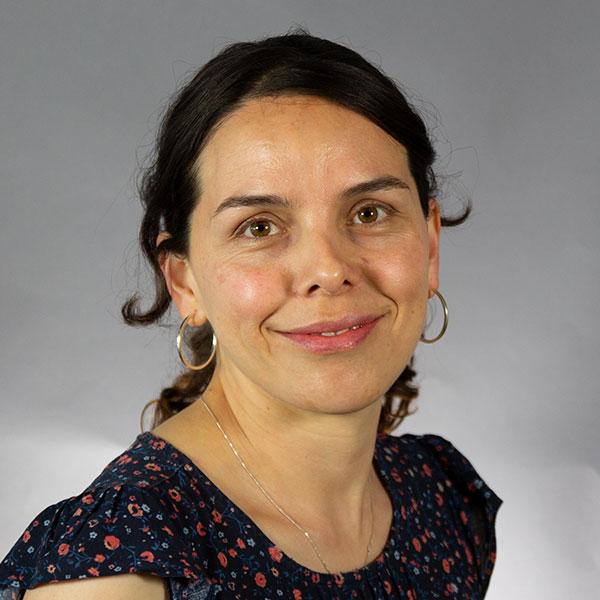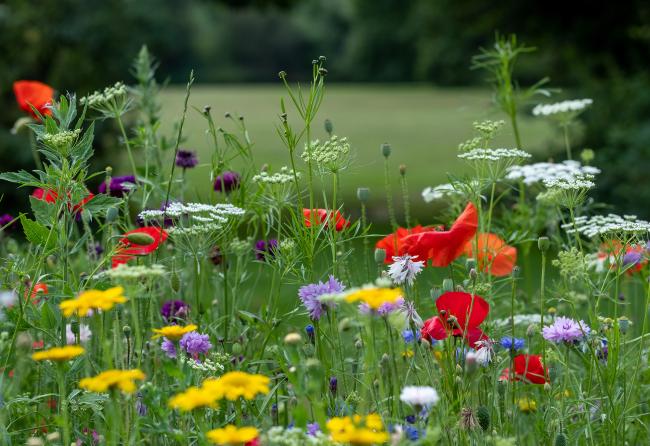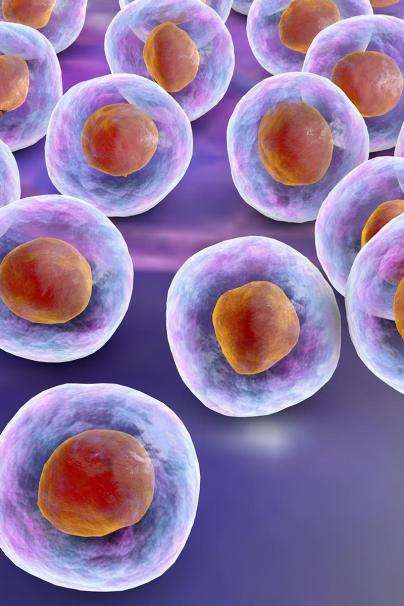
Biography
Johana is a Postdoctoral researcher in Macaulay group at EI. My first degree was in Microbiology during which I had a very short but exciting experience investigating the use of Bacillus thuringiensis to control yellow fever mosquito (Aedes aegypti) at CIB, Medellin, Colombia.
During my Masters at Universidad Nacional de Colombia I became interested in the molecular epidemiology of Tuberculosis (TB), after which I had a very successful career as a Scientist within the mycobacterial and infectious diseases research group (Health Faculty, Universidad Nacional de Colombia).
To study my PhD, I moved to Professor Johnjoe McFadden lab at University of Surrey, funded by Colciencias. During my PhD I investigated a small subpopulation of mycobacterial cells able to survive the antibiotic treatment without genetically acquired resistance named “persisters”.
My experimental approach included the examination of mycobacterial cells at single-cell level, using microfluidics and the identification of genes that affect the persisters frequency in M. tuberculosis by Tn-seq.
I joined Iain Macaulay's lab at EI to participate in a challenging project aimed at investigating single-bacterial cell genomics and transcriptomics.
Related reading.
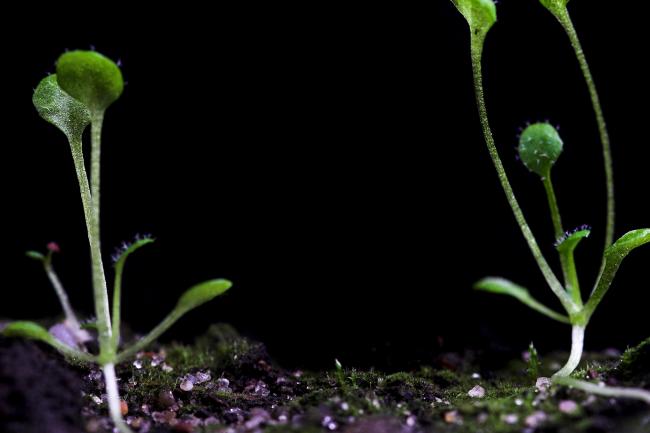
Light-up plants and tunable roots signal new solutions for climate crisis

How the latest platforms are scaling-up our impact in aquaculture

The fish, the fungus, the grass, the bee - and the brassica

COPO: providing context through metadata

Standout innovation contributes to knowledge exchange
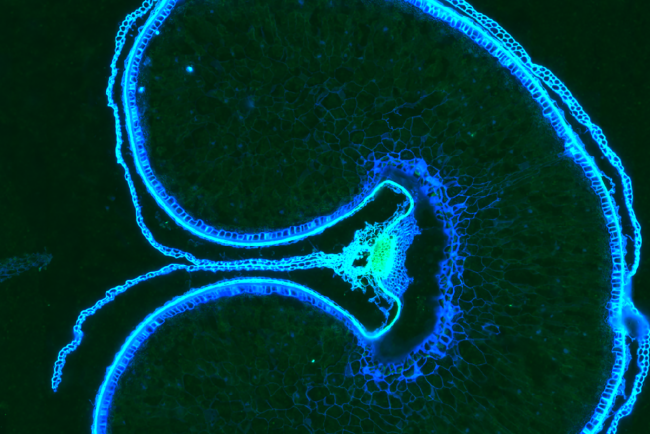
Applying spatial transcriptomics in plants
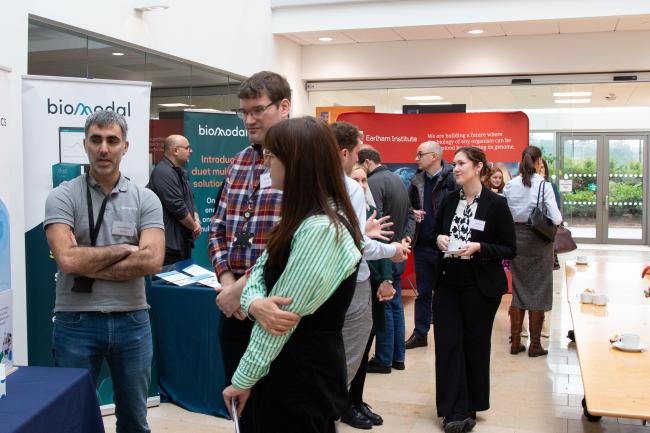
Collaborating for our future
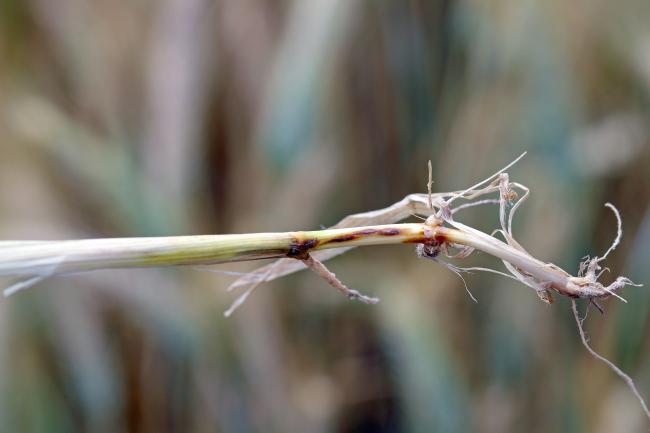
Focus on fungi helps fight global threat to our food
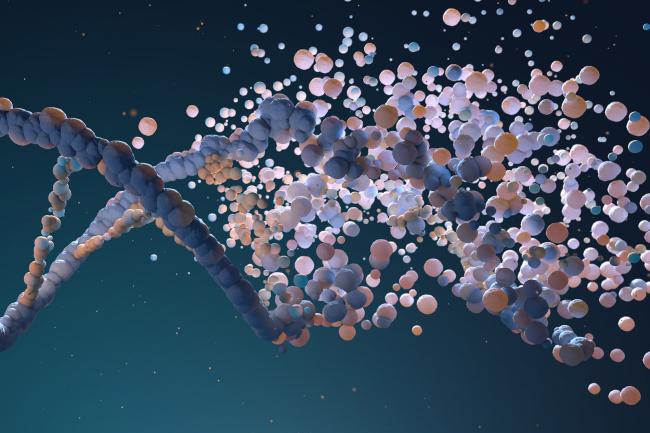
New genome assembly finds yeast variant is distinct species

Science and Technology Secretary announces Engineering Biology investment

Identifying criminals from a single cell
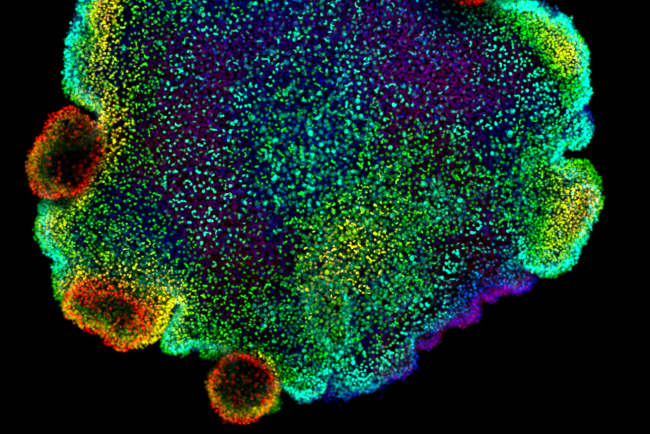
£3m funding for project to chart cellular diversity on Earth
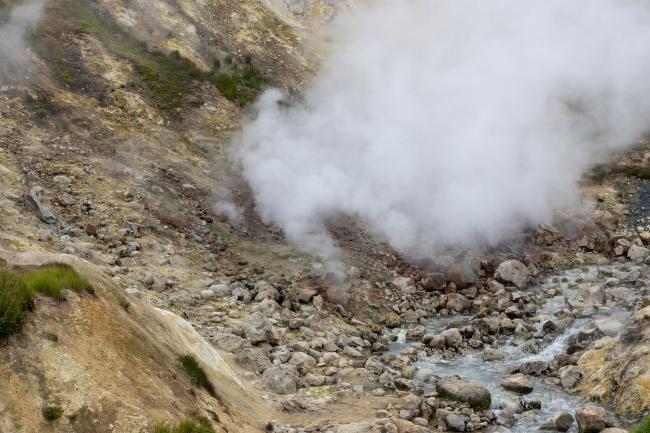
Mysterious microbiomes to get makeover under transformational £5.4M grant
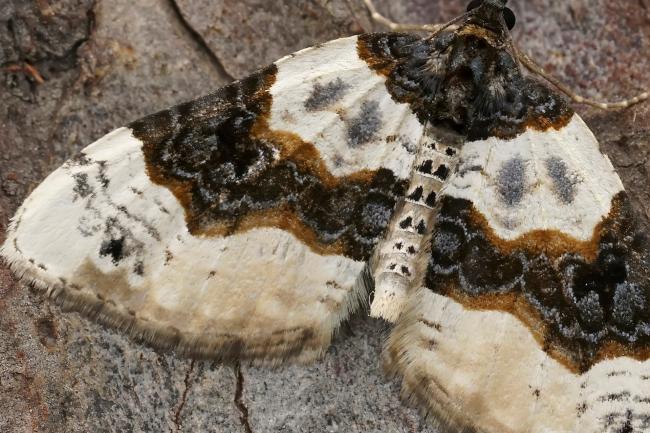
Purple Bar moth is 1,000th species sequenced in landmark project
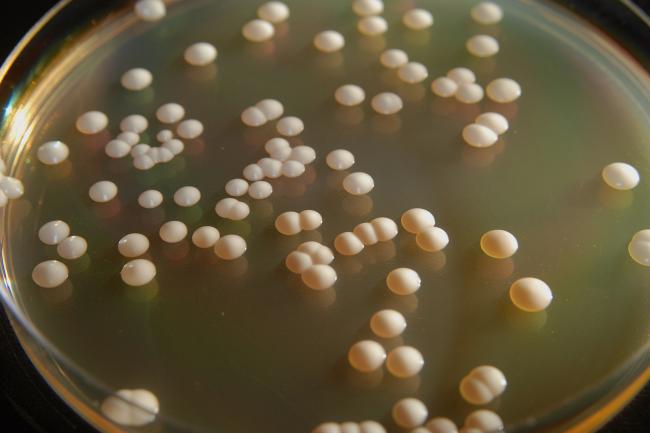
Scientists one step closer to rewriting world’s first synthetic yeast genome

